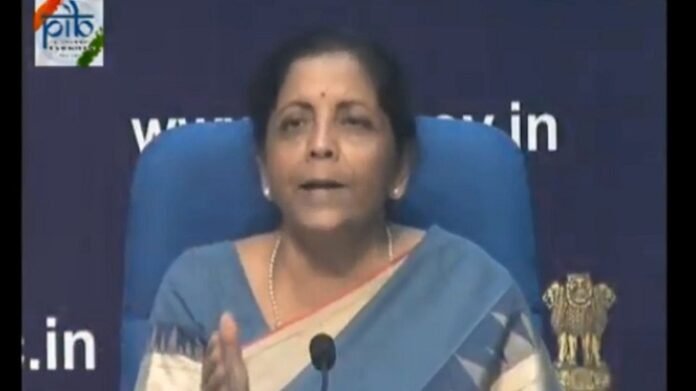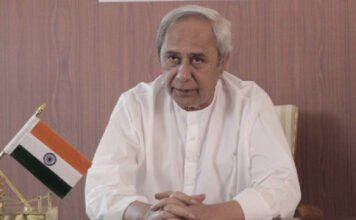December 21: Finance Minister Nirmala Sitharaman announced on Saturday that the Goods and Services Tax Council has authorized the reduction of GST on rice kernels to 5%, the exemption of life-saving gene therapy from tax, and the extension of the GST exemption for parts used in the manufacture of surface-to-air missiles (SAM).
Following the 55th GST Council meeting at Jaisalmer, Rajasthan, the finance minister addressed the media, explaining that the public distribution system’s distribution of rice kernels to the weaker section of society led to the decision to lower the GST on the commodity from 18% to 5%.
“Similarly, the concessional 5 percent GST is applicable on inputs of food preparations that are supplied for free distribution to economically weaker sections under government programs subject to existing conditions; so this is also an extension of the 5 percent rate that prevails,” she said.
The finance minister explained the reasoning behind the 18% tax on caramelized popcorn, claiming that the added sugar, which is harmful to one’s health, necessitates a higher tax rate. She observed that the market continued to sell both salted and regular popcorn, with no increase in the GST.
She also stated that raisins, when supplied by an agriculturist, and black pepper, whether fresh, green, black, or desiccated, are not subject to GST. Nevertheless, merchants would be required to pay tax if they sell these commodities.
She also announced that all components, including software, used in the production of SAM missiles will continue to be exempt from the GST.
The finance minister also stated that payment aggregators that process transactions under ₹ 2,000 are eligible for exemptions; however, this exemption does not extend to fintech services and payment gateways.
She stated that penal charges or levies collected by banks and NBFCs for non-compliance with loan terms by consumers are not subject to GST. This measure would be highly beneficial for small enterprises.
The finance minister also mentioned that the meeting discussed the issue of imposing a separate GST on food delivery charges from e-commerce apps and quick commerce companies. However, the matter remains unresolved. She further stated that the Council believed that additional in-depth discussions were necessary regarding the matter.



























